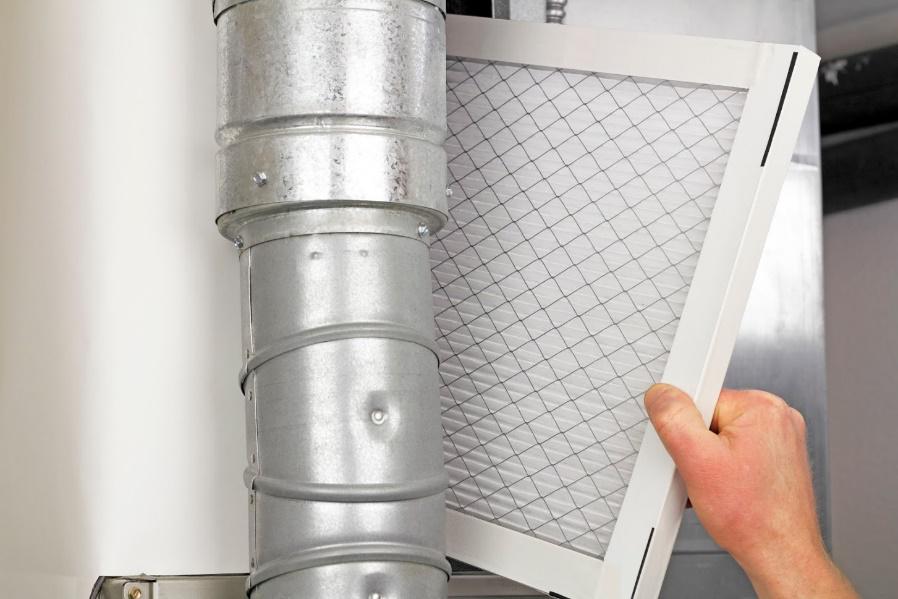Your furnace’s air filter isn’t likely your top priority — but maybe it should be. If you rarely (or never) think about your HVAC system’s filter, take a look at the questions you need to ask right now.
Why Is a Filter Necessary?
>More specifically, does your furnace really need a filter? If a filter seems like an unnecessary part of your HVAC system, think again. Even though the filter doesn’t help to heat or move the air, without it, your system won’t work to its best potential. An air filter:
- Improves efficiency
A clean filter decreases the likelihood of debris or dust buildup in the air ducts. This allows air to flow freely and can improve the overall efficiency of your system.
- Improves health
If you or a household member has allergies or respiratory issues, a filter can remove some of the irritants from the warmed air as it enters your home. This can decrease the likelihood of a reaction and improve your/your family member’s overall health.
- Helps the furnace
Not only does an air filter trap debris and other particles before they end up in your home, it also protects the furnace. This reduces the risk of wear and tear or other types of damage.
Combine the increased efficiency and damage-decreasing benefits of a furnace filter and you’re likely to see cost savings. Now that you understand why a filter is necessary, read on for information on how to use one correctly.
How Often Should Homeowners Replace the Furnace Filter?
Provided you have a replaceable filter, you need to periodically swap it out for a new one. If you have a washable filter, you’ll need to remove it, clean it completely, and replace it during the heating season.
According to ENERGYStar, you should replace/clean your HVAC system’s filter at least once every three months. Even though this general guideline can help to increase efficiency, decrease wear and tear, and keep the air clean, the three-month time interval isn’t set in stone. Several factors impact the need to replace or clean an air filter. These include:
- Pets
Do you have dogs, cats, or other furry pets? Fur and pet dander in the air can clog a filter and force your heater to work harder. It can also decrease the system’s ability to keep your home’s air clean. If you have pets, you may need to replace or clean your filter more often.
- Allergies and asthma
Again, if you or someone in your home has allergies or asthma, a filter can decrease airborne irritants. Allergy and asthma sufferers may also need to change or clean their filters more often than those without respiratory issues.
- Use
Do you turn off the heater in March and wait until October to turn it back on? If you don’t use your system for part of the year, you won’t need to change or clean the filter. But you will need to replace or clean this part of the HVAC system before you turn the heater on in the fall.
If you’re not sure when you (or a previous homeowner) last replaced the filter, remove it and look for signs of use. Replace, or clean, a questionable-looking filter.
What Type of Filter Is Best to Use?
Not only do you need to replace the furnace’s filter, but you need to replace it with the right one. Before you change the filter, consider:
- The size
Filters come in different sizes to fit different systems. Look at the previous filter or ask the HVAC technician to determine the correct size.
- The MERV value
The minimum efficiency reporting value (MERV) rating tells you how efficient the filter is. The higher MERV value, the less particles are allowed through. Choose the lowest value that still filters out the particles in your home’s air.
- Specialized needs
If you have allergies or respiratory issues, you may need a filter that stops finer particles.
An HVAC technician can help you to choose the right filter for your home, family, and heater’s needs.
Do you need HVAC service? Contact Advanced Heating & Cooling for more information.


